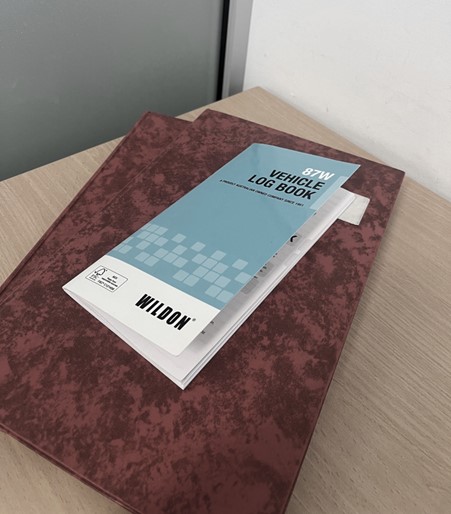All members of an SMSF are required to be either trustees personally, or alternatively directors of a company which becomes a corporate trustee. Ensuring all members have a say in management and investment choices of their super.
This means every member is personally responsible for ensuring their SMSF complies with all legal requirements for complying (and hence tax concessional) status to be retained. Further if things go wrong, each and every member is personally responsible and will suffer any consequences.
However corporate trustees limit the personal liability – as a company is a separate legal entity from its directors and shareholders, which applies to an SMSF context. The separate entity provides the following advantages over having individual members as trustees of your SMSF:
- There is no need to change the trustee if a member dies or leaves the SMSF for any reason;
- The personal liability of directors of a corporate trustee is limited to the assets held within the SMSF;
- You will be personally protected from the ATO penalties regime which allows the ATO to impose administrative and other penalties for breaches of the SISA laws
- Separation of assets
- Able to cater for a sole member
- Lump Sum Payments
- Borrowing
We recommend all SMSF’s should have a corporate trustee.
Should you wish to convert your SMSF to a corporate trustee please contact our office.
Benefits of Corporate Trustee
Separation of Assets
- Having a company trustee allows for easier segregation of the fund’s assets to your personal or business assets.
- Companies are preferred for SMSF’s which invest in property, this is due to the company, rather than the individual(s) names on the Certificate of Title (e.g Company ABC Pty Ltd would hold the assets as trustee for the ABC Super Fund). In the event of a change in trustee or members of the SMSF (such as the death of a member, marriage breakdown or a member leaving the fund), there is no requirement to amend the Certificate of Title.
Administrative Efficiency
- Corporate trustees allow for SMSF’s to be fluid, in that it has the ability to allow generations of a family to move through the fund. Example of changes in SMSF memberships can include;
- Parents allowing their adult children to join the fund permanently or until they have enough super or their own family to start their own SMSF.
- The marriage of a current member to a non-member of the fund, or the divorce of members within the fund.
- The death or incapacitation of a member of the SMSF.
- If there are two directors of the company and one leaves, you would not need to replace the individual; you can have a single director.
- Adding a new member is as simple as appointing the member as a director of the trustee company and when a member leaves the fund they simply need to resign as a director.
Succession upon Death
- A company’s lifespan is indefinite – it will not come to an end by itself – making a corporate trustee more reliable in controlling the SMSF in the circumstances of death or incapacity of a member. The trust deed would not need to be updated and you can appoint an executor as trustee for a short period of time, until the death benefits exit the fund.
Sole Member Funds
- The SIS Act requires at least two trustees where the trustees are individuals, even if the sole member doesn’t have a spouse or children. The Act allows sole members to have a corporate trustee with either one or two directors, one of which needs to be a member. In this instance the sole member can have complete control over their fund by appointing themselves as a sole director of the company.
Reduce Litigation Exposure
- Individuals who are trustees of a fund are jointly liable for any actions taken against the fund, as the fund’s assets are held in their individual names. If litigation is to occur against the fund and it exceeds the assets held in the name of the trustees as trustees of the fund, their assets held personally can be at risk. Companies have limited liability, ensuring any litigation against the fund is limited to the assets held in the name of the company and does not extend to the directors of that company.
- The law will result in higher personal liabilities for individual trustees if their fund is found to be non-compliant in anyway. The penalties will range from individual trustees attending an SMSF education program to a monetary penalty of up to $10,200 which will be imposed on each of the fund’s trustees. Therefore if a fund has four trustees, the fines could be up to $40,800 – of which cannot be paid or reimbursed by the fund. A corporate trustee would only receive the penalty once, ie $10,200.
 Lump Sum Payments
Lump Sum Payments
- Corporate trustee SMSF’s can pay benefits as a lump sum payment or pension, whereas individual trustees can only pay pension benefits. This allows members to take a lump sum without the need to start a pension first and then commute that pension to a lump sum.
Borrowing
- Regardless of there being enforceable legislation lenders insist SMSF’s have a corporate trustee if they wish to borrow under a limited resource borrowing arrangement.






